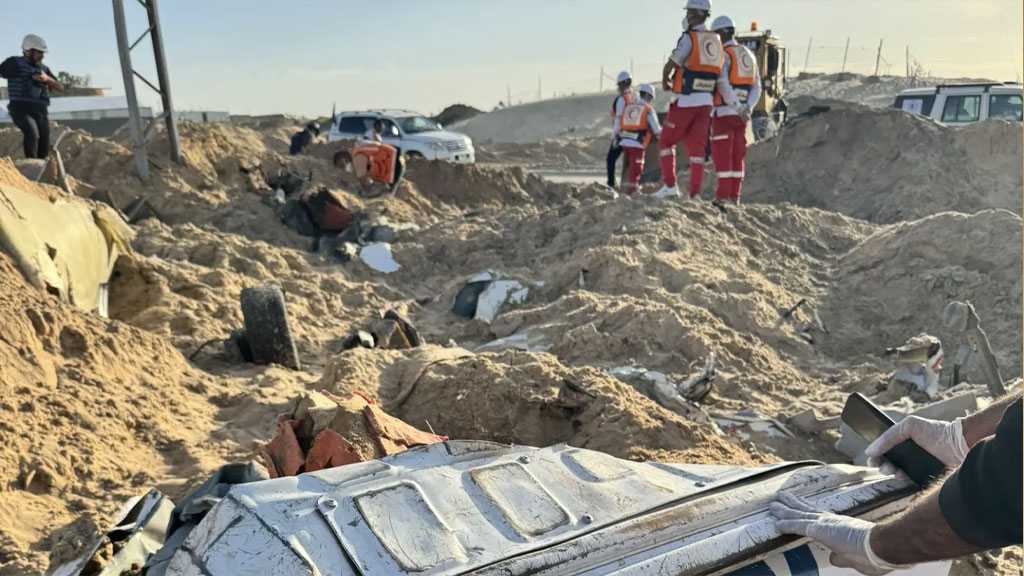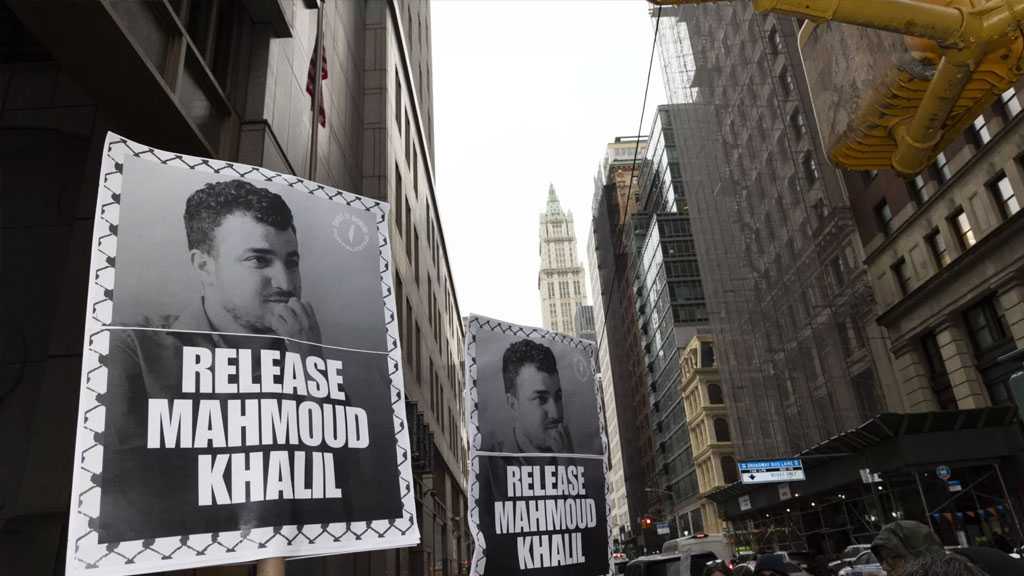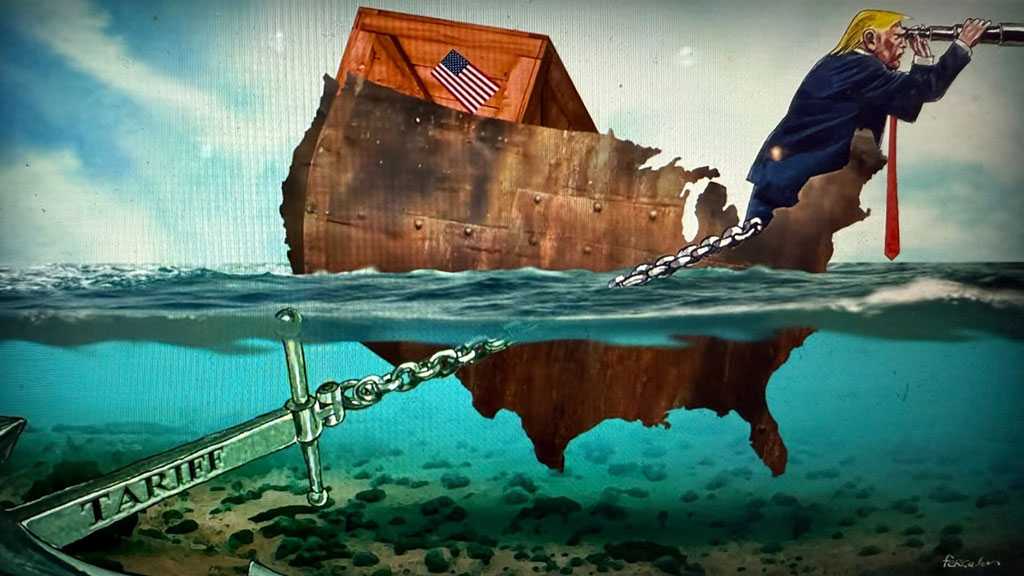UK’s Labour: Arms Sold to KSA may Breach Int’l Law in Yemen
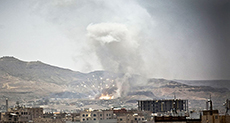
Local Editor
The British Labour party is calling for the urgent re-establishment of parliament's watchdog on arms exports to investigate whether British weapons sold to Saudi Arabia are breaching international humanitarian law in Yemen.
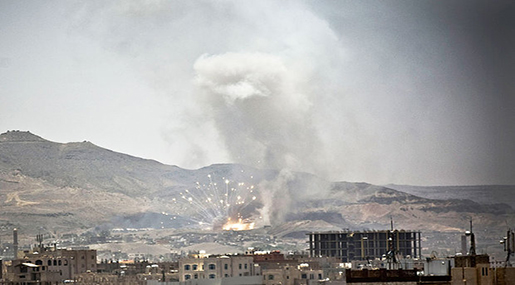
Hilary Benn, the shadow foreign secretary, urged action by the House of Commons committee on arms export controls after it emerged that the body has not re-convened since the general election last May.
This means the UK's arms sales have not been subject to independent scrutiny for more than nine months.
The committee had been instrumental in embarrassing the coalition government over its decision to allow the sale of chemicals that could have been used in nerve agent weapons in Syria.
Formed of members of the foreign affairs, defense, development and business committees, it ceased its work after its chair, Sir John Stanley, retired last year after 15 years at the helm.
With no sign of it reconvening since, Benn wrote to the chairs of the four committees on Tuesday, saying there was an pressing need to scrutinize the sale of UK arms to Saudi Arabia, which is using them in Yemen.
He said the humanitarian situation in Yemen, where a Saudi-led coalition is fighting..., is increasingly desperate, with 7,000 civilians having been killed by airstrikes.
"Given the growing number of reports and public concern, I believe the case for a full and detailed assessment of whether there is a clear risk that British weapons might be used in violation of international humanitarian law in Yemen is now overwhelming. I hope therefore that the new committee will urgently consider examining the government's approach to these licenses," Benn wrote.
British weapons companies have sold more than £5.6bn worth of arms, fighter jets and other military equipment to Riyadh under David Cameron, according to the Campaign Against the Arms Trade [CAAT]. British "people on the ground" are also working with the Saudi military on targeting strikes in Yemen, according to the foreign secretary, Philip Hammond.
The government has resisted previous calls by Benn and others to halt arms sales to Saudi Arabia or assess whether UK-made weapons are being used in breach of humanitarian law.
Amnesty International and Saferworld say more than 100 licenses for arms exports to Saudi Arabia have been issued since bombing in Yemen began in March 2015, with a value of £1.75bn in the first half of the year.
Ann Clwyd, the Labour MP for Cynon Valley, who was on the committee for years, has previously expressed suspicions that there were those who did not want arms sales scrutinized.
"There have been more and more delays. I'm very unhappy there hasn't been anything for at least eight months," she said, adding that the "global situation regarding conflict and arms transfers, not least as it affects the Middle East and north Africa, makes it vital to have the committees functioning at the earliest possible date".
Andrew Smith of the CAAT said the group shared Clwyd's concerns about the lack of scrutiny.
He said the committee's work under Stanley was "very good and very valuable" and was needed more than ever given the government's decision to continue to allow sales of arms to Saudi Arabia despite concerns about their use in Yemen.
The law firm Leigh Day, representing the CAAT, is considering legal action against the government unless it suspends all licenses that permit British-made weapons to be sent to Saudi Arabia.
The law firm and campaigners said the Department for Business, Innovation and Skills had failed to reassure them that the government was following its own rules when assessing the risk that the goods exported might be used in contravention of international humanitarian law.
Source: The Guardian, Edited by website team

